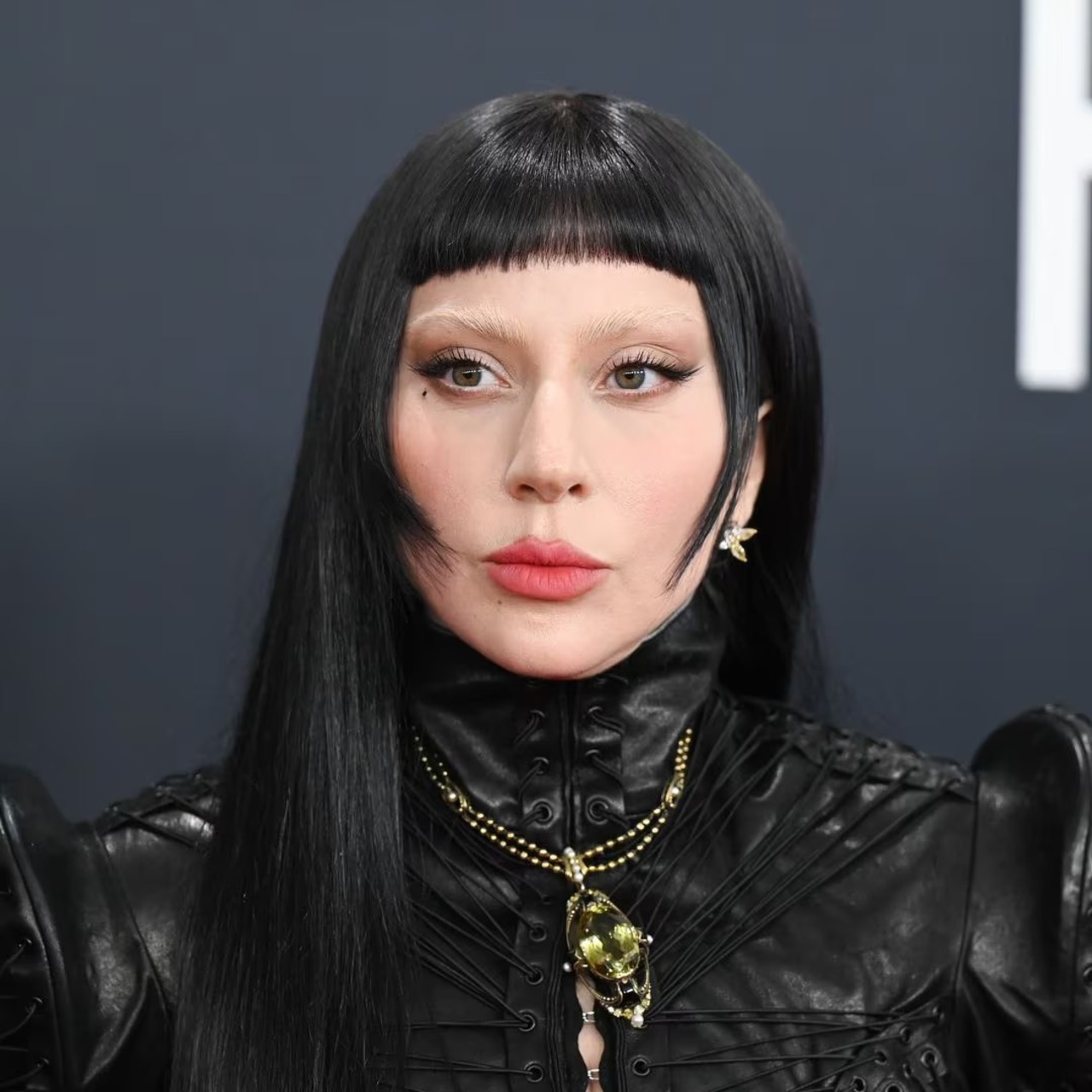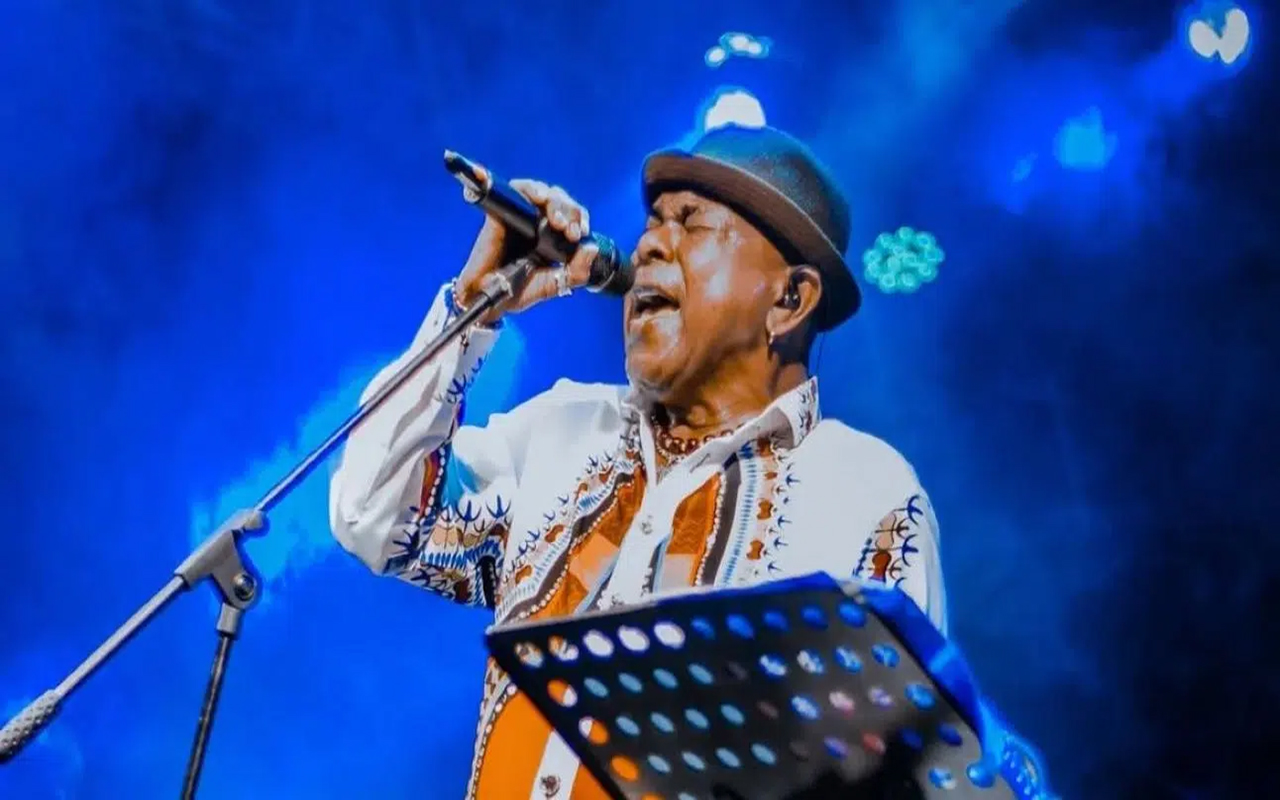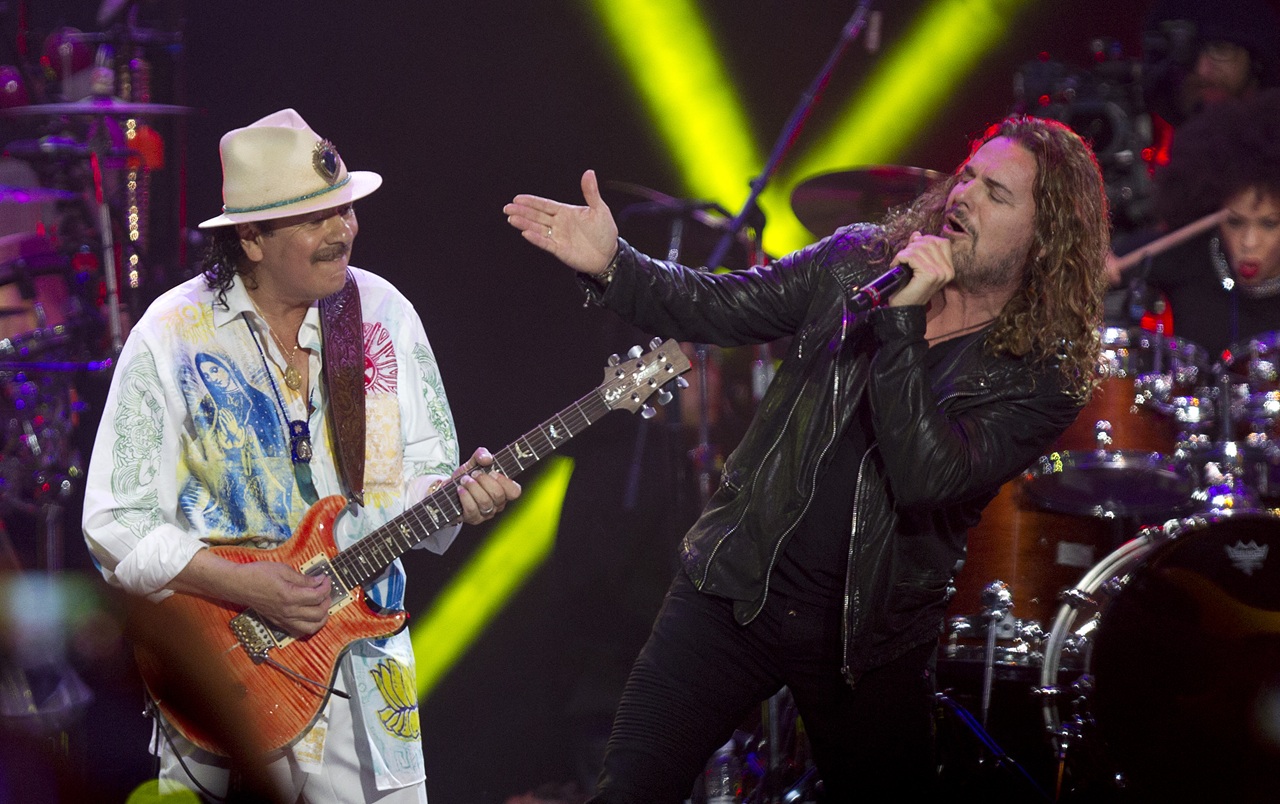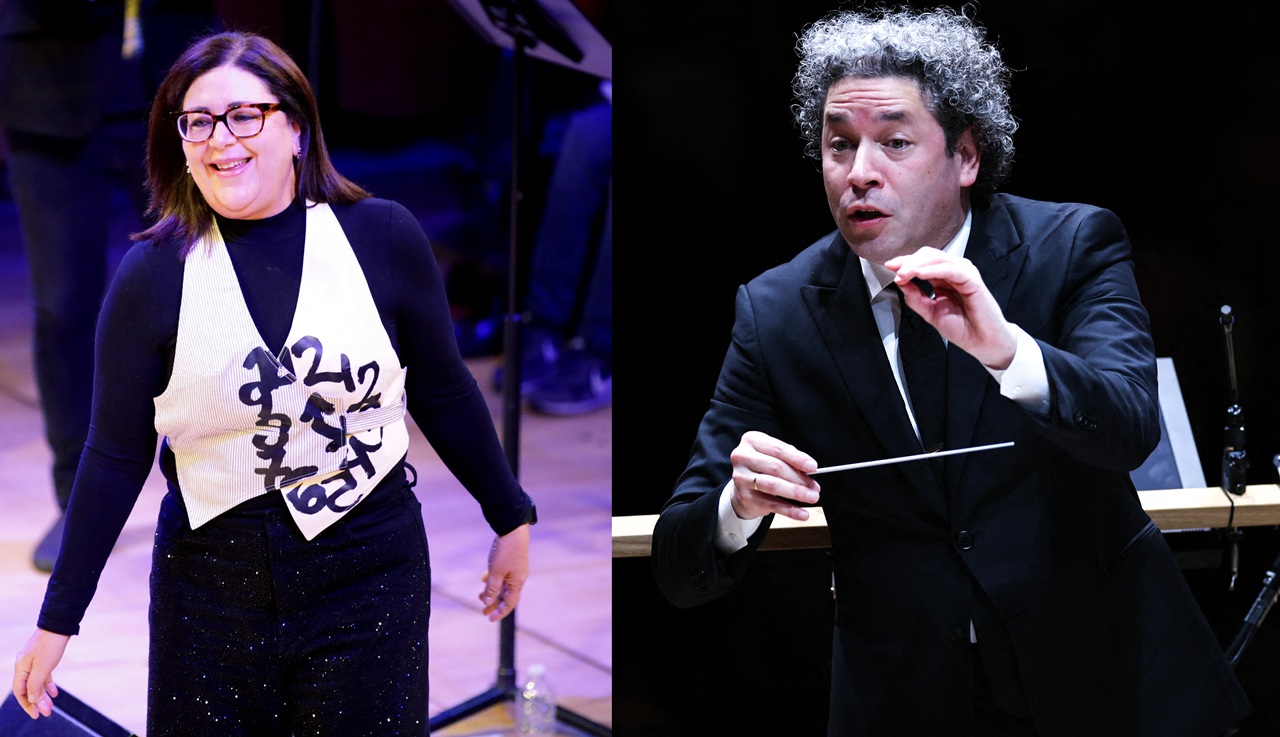
'Patria y vida,' The viral music video that Cuba's government will never dance to
From Havana's Malecon to the streets of Miami, discontent with Cuban politics is humming. And it unites people.
For years we've been following the fierce struggle of Cuban artists against government censorship and its knock-on-the-door policy, but now dissent has an anthem that stars a group of Afro-Cuban artists.
The video of the song "Patria y Vida," which started running on the Internet last week, accumulated more than three million views in the first three days and urged Cubans inside and outside the island to express their discontent and tell the power that not everything goes.
In addition to doing so through the union and the vindication of the racialized population.
Several well-known artists, including Grammy winner Descemer Bueno, rapper Yotuel of Orishas, or reggaeton duo Gente de Zona have collaborated with dissident rappers from Cuba, such as Maykel Osorbo and Funky -members of Movimiento San Isidro- to produce "Patria y Vida."
The song has rattled the Cuban regime, which for decades used popular music to "deafen" its people with its political ideals until the advent of independent rap and reggaeton found a small hole to reach its citizens' ears.
The title of the song, "Patria y Vida" (Homeland and Life), is a 360-degree turn to the famous phrase that Fidel Castro repeated until it was worn out - "Patria o Muerte"- and that today is present in every newspaper, every billboard and every conversation of the regime's followers.
Now that the revolution has passed, Cuban dissidents have reformulated it in pursuit of democracy.
RELATED CONTENT
"Se acabó, ya se vencida tu tiempo, se rompió el silencio," (It's over, your time is up, the silence is broken), says the video, which is played on the island via flash drives and can also be seen on every computer screen in Miami, chanting the truth beyond the idyllic images sold to tourists and for "the dignity of entire peoples that has been trampled on."
Former Orisha Yotuel Romero announced on Monday via Instagram that he will intervene this coming Friday, the 26th, in the European Parliament to "speak on behalf of all of Cuba."
"To the Cuban government, I just want to say that this one you call jinetero will speak on Friday 26 in front of the European Parliament for all of Cuba," he stressed.
Romero will give a talk together with Cuban "artivist" Luis Manuel Otero Alcántara, founder of the Movimiento San Isidro (MSI), entitled "Homeland and Life: Art and politics united for Cuba."
This is not the first time that the group of Cuban dissident artists has used a song to convey a political message to the population.
During the protests against Decree 349, musician David Omni gathered several Cuban rappers to produce a song. Michael Matos, another MSI member, founded the first electronic music festival on the island, which in 2011 was canceled by the government.











LEAVE A COMMENT: